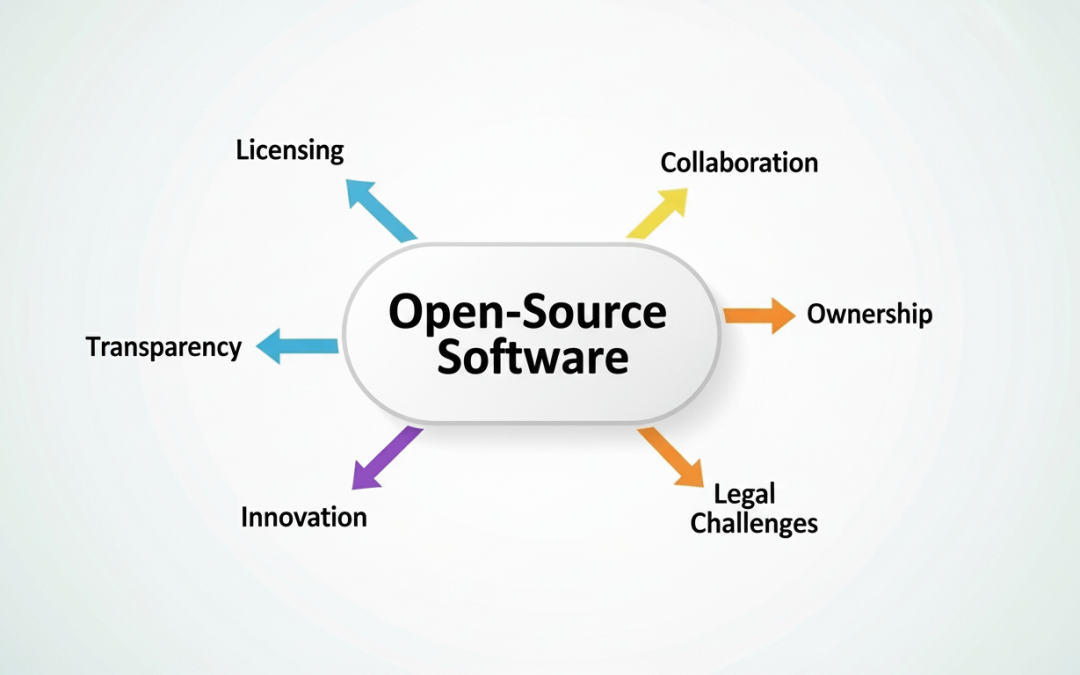Franchising is really one of the great ways for businesses to expand. But one indispensable factor behind every successful franchise is intellectual property (IP). A franchise agreement encompasses much more than the financial considerations or matters of day-to-day operations. The essence of it is the protection of the identity of the brand and the assurance that every outlet is delivering the same customer experience. For both the franchisor and the franchisee, knowledge of how IP operates within these agreements is essential.
Why Do IP Matter in Franchise Agreements?
The franchise’s value mainly comes through its reputation. That reputation is created by IP assets: trademarks, copyrights, and trade secrets. An agreement usually stipulates the usage of these assets. For example, the franchisor would license the trademarked name and logo while retaining the copyright of the marketing campaigns, training manuals, product descriptions, etc. Without protection for the brand, it could weaken and customers’ trust may erode.
















